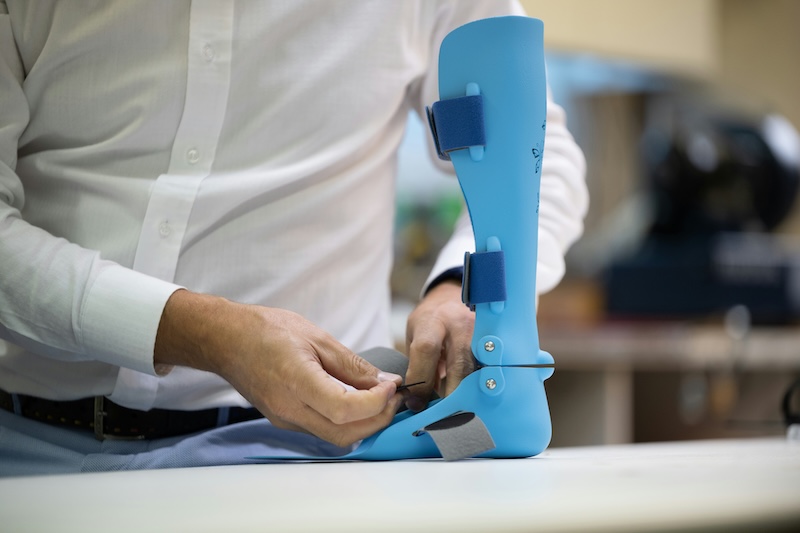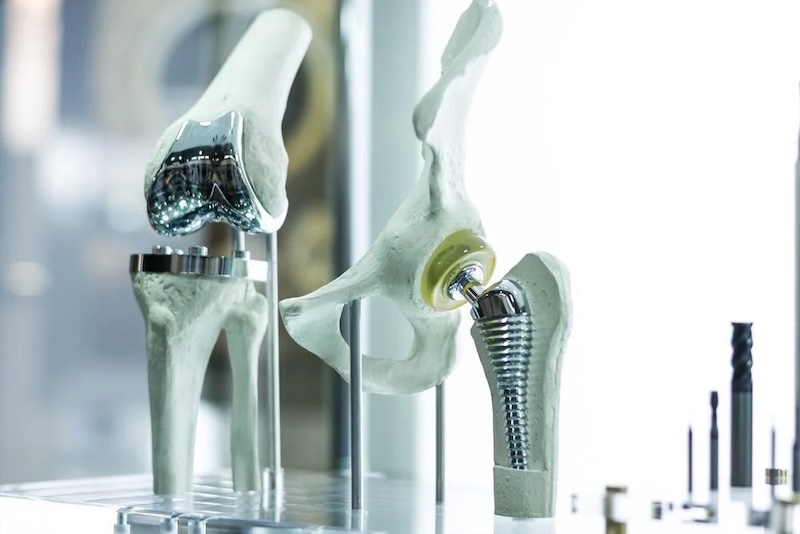Introduction: Titanium powder drives innovation in medical device collaboration.
Titanium powder is transforming the way clinicians and engineers work together to create customized medical solutions. By providing the ability to design patient-specific implants, prosthetics, and surgical tools, titanium powder enables both professionals to merge their expertise, ultimately improving patient outcomes. But how exactly does titanium powder enhance collaboration between these two fields?
The ability to design custom solutions fosters better communication and more efficient development.
Let’s explore how titanium powder bridges the gap between clinicians and engineers, optimizing both design and functionality.

How Does Titanium Powder Enable Customization in Medical Solutions?
Titanium powder is crucial for creating personalized medical devices. Unlike traditional manufacturing methods, it allows for precise customization of implants and prosthetics that fit the patient’s anatomy.
• Customization: Engineers use titanium powder in 3D printing or additive manufacturing to create highly detailed, patient-specific medical devices. Clinicians provide patient data to guide these designs.
• Better Fit: This ensures that implants are more comfortable, functional, and suitable for long-term use, reducing complications during recovery.
With titanium powder, clinicians and engineers work together to design more accurate and functional medical solutions.
3D printing in medical customization
What Role Does Titanium Powder Play in Improving Implant Longevity?
Titanium’s biocompatibility makes it an ideal material for implants, but titanium powder allows for more intricate designs that enhance its performance over time.
• Enhanced Strength: Powder-based manufacturing allows for stronger, more durable implants tailored to withstand the physical stress placed on them.
• Optimized Porosity: Clinicians can work with engineers to adjust the porosity of implants, promoting better bone integration and longevity.
Through titanium powder, clinicians and engineers create solutions that enhance implant functionality and patient well-being.
advancements in titanium-based implants
How Does Titanium Powder Facilitate Faster Prototype Development?
The use of titanium powder in additive manufacturing accelerates the prototype development process, enabling faster testing and adjustments.
• Rapid Prototyping: Engineers can quickly create prototypes of medical devices and share them with clinicians for feedback. This collaborative process shortens the development timeline.
• Immediate Feedback: Clinicians can evaluate the prototypes in real-world scenarios and suggest immediate adjustments for better performance.
Titanium powder speeds up the prototyping process, making collaboration between engineers and clinicians more dynamic and efficient.
rapid prototyping in medical devices
How Does Titanium Powder Contribute to Less Invasive Procedures?
The precision enabled by titanium powder allows for less invasive surgeries, which benefits patients and enhances the efficiency of surgical teams.
• Minimally Invasive Design: Engineers can design implants with precise features that fit into smaller incisions, minimizing patient recovery time.
• Patient-Centric Approaches: Clinicians can collaborate closely with engineers to ensure that the design not only fits anatomically but also facilitates quicker and less painful recovery.
By enabling more precise designs, titanium powder leads to improved surgical outcomes and quicker patient recovery.
innovations in surgical procedures using titanium

Claim: Titanium Powder Bridges Medical Expertise
Incorporating titanium powder into medical device manufacturing creates a collaborative environment where engineers and clinicians can work closely to innovate. By enhancing customization, prototyping, and patient-centric design, titanium powder fosters better communication and results in improved medical solutions.
Conclusion: The Future of Medical Innovation with Titanium Powder
Titanium powder enhances collaboration between clinicians and engineers by enabling the creation of highly customized, functional, and efficient medical devices. The ability to prototype quickly, design for improved patient outcomes, and innovate together makes titanium powder a key player in the future of healthcare innovation. As the use of titanium powder continues to expand, the partnership between clinicians and engineers will only strengthen, leading to more personalized and effective medical solutions.






